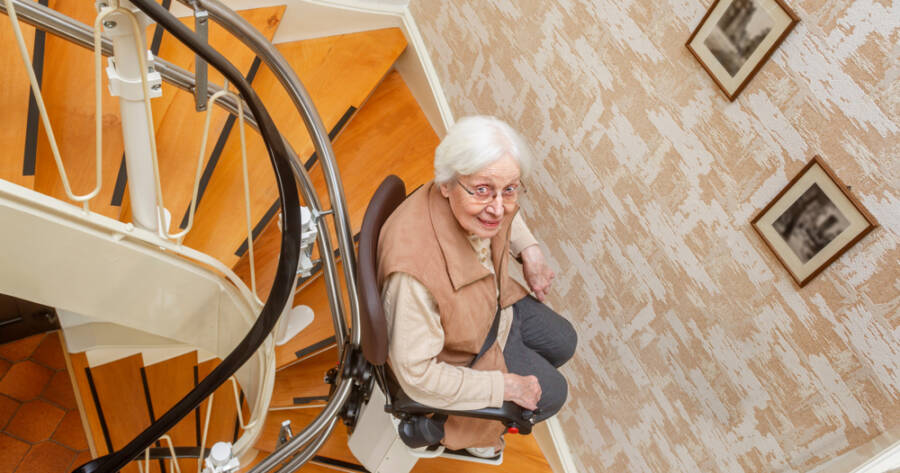Many people find that a stairlift is a crucial addition to their home, enabling them to move freely and safely between floors. While stairlifts are often seen as costly, the NHS may be able to assist you in accessing one.
Why You Might Need a Stairlift
Stairlifts can be life-changing for those who have difficulty with mobility. Whether due to age, injury, or chronic conditions, many people find that stairs become a barrier to living comfortably in their own homes. Without a stairlift, you may be confined to a single floor or even consider moving house. However, a stairlift could allow you to stay in the home you love, giving you independence and reducing the risk of falls.
In addition to offering practical benefits, stairlifts can improve your overall well-being. By providing a sense of safety and ease, they can help reduce anxiety around daily tasks. The ability to navigate your home without assistance can make a significant difference to your quality of life.
Can the NHS Provide Stairlifts?
Though the NHS does not directly provide stairlifts, it can play a part in helping you obtain one. The NHS often works closely with local authorities, social services, and occupational therapists who assess your needs and recommend the appropriate support. If your mobility issues are severe enough, you may be referred for a needs assessment, which could lead to assistance in obtaining a stairlift.
The NHS or your local council might cover the cost of a stairlift under certain conditions, but this is not guaranteed. The availability of help will depend on your personal circumstances, the severity of your mobility problems, and the resources available in your local area. If the NHS or council deems a stairlift medically necessary, they could fund part or all of the installation.
Getting a Needs Assessment
The first step towards getting help with a stairlift is to request a needs assessment. This can be done through your local council or by speaking with your GP, who may refer you to an occupational therapist. Occupational therapists assess your mobility, home environment, and daily living challenges to determine the best way to support you.
During the assessment, they will look at your ability to climb stairs and how this impacts your overall safety and well-being. The outcome of this assessment could lead to a recommendation for a stairlift or other home adaptations, such as grab rails or ramps. It is important to be honest about your daily struggles, as this will influence the support you receive.
Other Sources of Financial Help
If you do not qualify for NHS or council support, there are other ways to fund a stairlift. Charities, such as Age UK and the Disabled Living Foundation, sometimes offer financial assistance or advice on grants available to help with mobility aids. You could also look into interest-free loans or payment plans offered by stairlift providers.
Some stairlift companies offer financing options that allow you to spread the cost over time, making the purchase more affordable. Additionally, second-hand stairlifts or reconditioned models can reduce the price, giving you more options within your budget. Exploring all available resources will help you find the best solution for your situation.
Maintaining Your Stairlift
Once you have a stairlift installed, maintaining it is essential to ensure it remains safe and reliable. Regular maintenance and servicing can prevent costly repairs in the future. If your stairlift was provided through the NHS, council, or a grant, they might cover the cost of repairs and maintenance for a specified period.
Even if you purchase your stairlift independently, you may be able to secure a service contract that includes regular checks and emergency repairs. Always check what is included in any financial support package or contract so that you are aware of your responsibilities for maintaining the equipment.
Learn More Today
If you or a loved one are struggling with mobility, a stairlift could make all the difference. While the NHS may not directly provide stairlifts, there are avenues for support through needs assessments, grants, and local authority schemes.
By exploring these options, you might find that getting a stairlift at home is more affordable than you think. Take the first step today by discussing your needs with your GP or occupational therapist.
